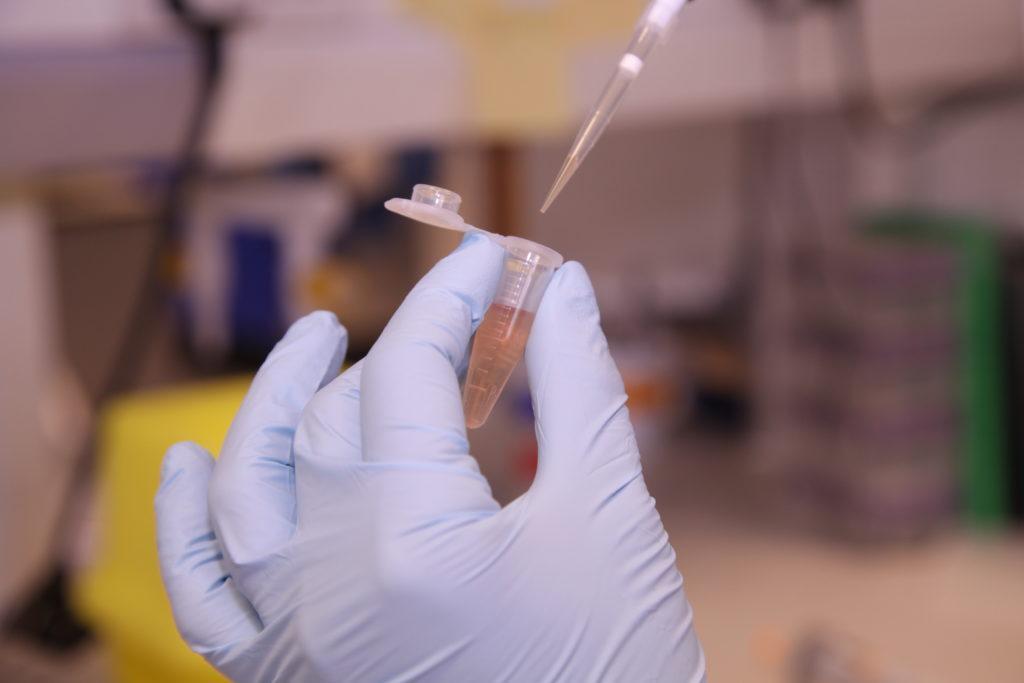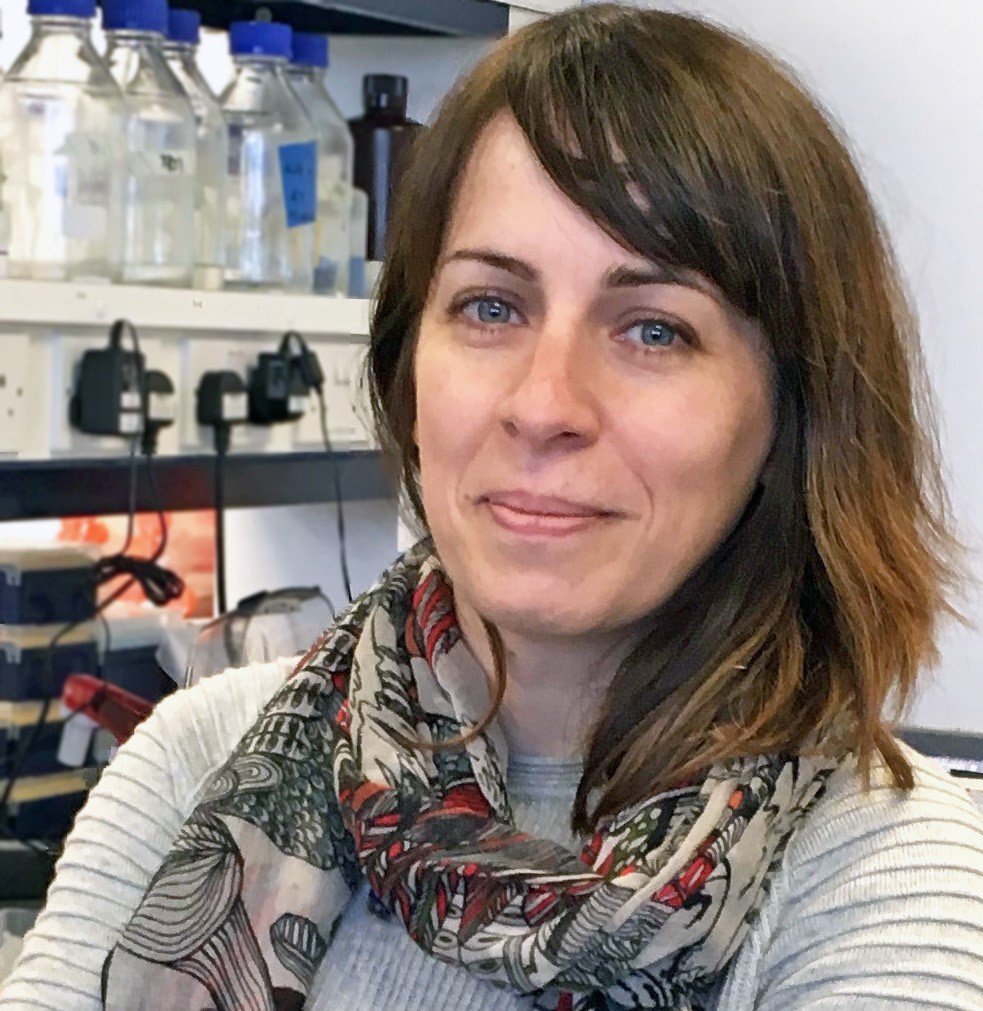Too much of a good thing: Understanding centrosome amplification in cancer
Dr Susana Godinho, Group Leader in the Centre for Cancer Cell & Molecular Biology at Barts Cancer Institute, Queen Mary University of London, has recently received a Cancer Research UK (CRUK) Discovery Programme Foundation Award. The award of approximately £1.4 million over 6 years will support a research project that will investigate the impact of centrosome amplification in cancer.
Centrosomes are cellular structures that have a variety of important functions within cells, including facilitating accurate cell division. The number of centrosomes within cells is tightly controlled to prevent cells from becoming genetically unstable; however, in human tumours these cellular structures are often dysregulated and exist in increased numbers (centrosome amplification) in some cancer cells.
Previous work by Dr Godinho’s group found that cancer cells with centrosome amplification release chemical messengers that alter the communication between and behaviour of other cells in the tumour’s environment, promoting cancer progression. This new CRUK-funded project will now build upon these novel findings, with the aim of identifying how the chemical messengers elicit the changes in the tumour’s environment that contribute to cancer growth and spread.
Working with Dr Nicholas McGranahan from the UCL Cancer Institute (co-applicant on the CRUK programme), the team will also investigate how cell-cell communication promoted by cancer cells with centrosome amplification impacts how tumours change/evolve over time - an area that is largely unexplored.
Dr Godinho said:
“If we can identify the factors secreted from cancer cells with extra centrosomes that are responsible for altering the tumour microenvironment and understand their impact on tumour progression and evolution, we may be able to find ways to block these changes – which we hope would be able to benefit patients in the future.”
 This programme of work will use a combination of model systems, such as cell lines, 3-D models, mouse models and human tissues, and a variety of techniques, including microscopy, cutting-edge ‘omics’ approaches and computational biology.
This programme of work will use a combination of model systems, such as cell lines, 3-D models, mouse models and human tissues, and a variety of techniques, including microscopy, cutting-edge ‘omics’ approaches and computational biology.
Centrosome amplification has been associated with poor clinical outcomes in cancer, and strategies to target this aberration in cancer cells are being explored. As part of this project, the team plan to characterise molecular markers of tumour progression that could be used to stratify patients that may benefit from treatments targeting cancer cells with extra centrosomes.
It is well established that changes in the tissues and cells surrounding a tumour can be key in supporting tumour growth and spread, and contribute to therapy resistance. Dr Godinho hopes that this work will lead to the development of model systems to identify how cancer cells with centrosome amplification influence different aspects of their environment through cell-cell communication to drive tumour evolution and cancer progression.
The project is due to start in August this year, and we look forward to hearing updates from this research as the project progresses.
Are you interested in joining the team?
Dr Godinho will be recruiting three postdoctoral researchers to work on this project in her laboratory group. If you are interested, contact Dr Godinho directly at s.godinho@qmul.ac.uk.
Related articles
Category: General News, Grants & Awards


No comments yet